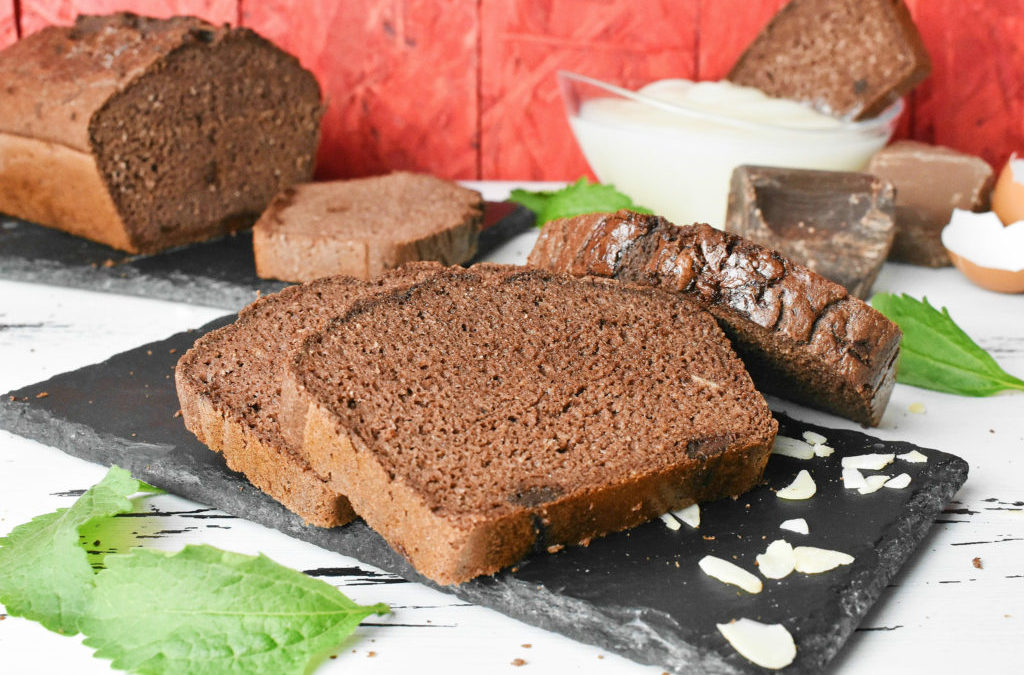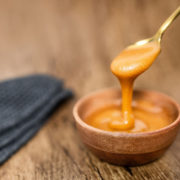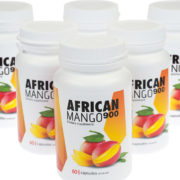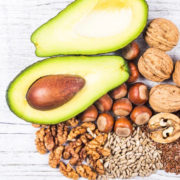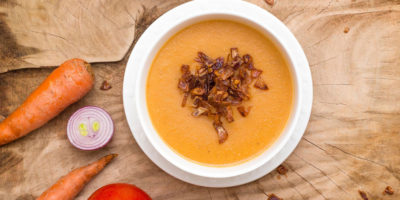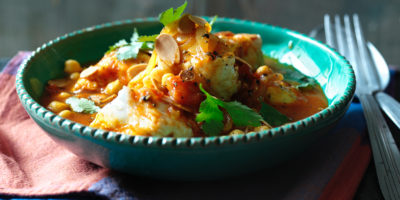When faced with the thought of cooking an exotic cuisine such as Indian, Chinese, Thai or Turkish, many of us may prefer to shy away and stick to what is familiar, believing that such cuisines require a substantial amount effort and are probably best left to the experts.
However this isn’t always the case, and while the task may seem daunting, there are many benefits to venturing into the unknown and cooking cuisines from around the world.
Firstly, cooking an exotic cuisine presents a great opportunity to branch out and try something new; you can transport your taste buds to faraway lands and relive those holiday treats, without the need to pack a suitcase. Why not make an evening of it and have a themed dinner party with your friends and family? Delving into a new cuisine is something you can have fun with, experiment with and be proud of when serving up the finished product.
Secondly when cooking your own dishes, you know exactly what goes in and how much. The Consensus Action on Salt and Health (CASH) organisation carried out research into the salt content of supermarket curry dishes and takeaway meals. They found that some contain up to 7g of salt per portion, more than the daily recommended intake for adults, which certainly doesn’t do your heart any favours.
According to research carried out by Mintel in 2010, more consumers are becoming increasingly able and willing to turn to scratch cooking for better value and a more authentic tasting meal. This has helped the availability of exotic ingredients to become more accessible. Local supermarkets often provide a one-stop shop for all of your ingredients and there are also the smaller specialised shops dotted around for the more specific ingredient requirements, many of which can deliver to your door.
However some countries not only use ingredients that are specific to their culture, but some also use equipment and utensils that are specific to them. For instance Chinese cooks tend to use Woks and chop sticks, whilst Moroccan food is often cooked in tagines.
But once you are equipped with your ingredients and the correct equipment, the process of actually cooking these exotic cuisines is not as difficult as you may think, as long as you follow some simple rules.
Firstly you must remember that each world cuisine involves different cooking techniques. For example Indian food requires good timing, to ensure that the meat is cooked through and remains succulent, but also an understanding of how to blend the correct spices and flavours together.
However Chinese cooking involves techniques such as stir frying, deep frying, steaming, boiling, thickening and producing stocks, whilst Turkish cuisine involves the art of stuffing vegetables, fish, fruit and meat. Once these basic techniques have been learnt and understood, there is no end to the variety of dishes you would be able to produce.
So next time you are in the supermarket and come across the exotic food aisle, why not take a look and see what exciting and unusual foods they have on the shelves? And if you do not have a clue what to do with them then there are many cookery courses available throughout the UK to teach you the techniques you need to surprise your friends and family with a truly delicious and exotic meal.



